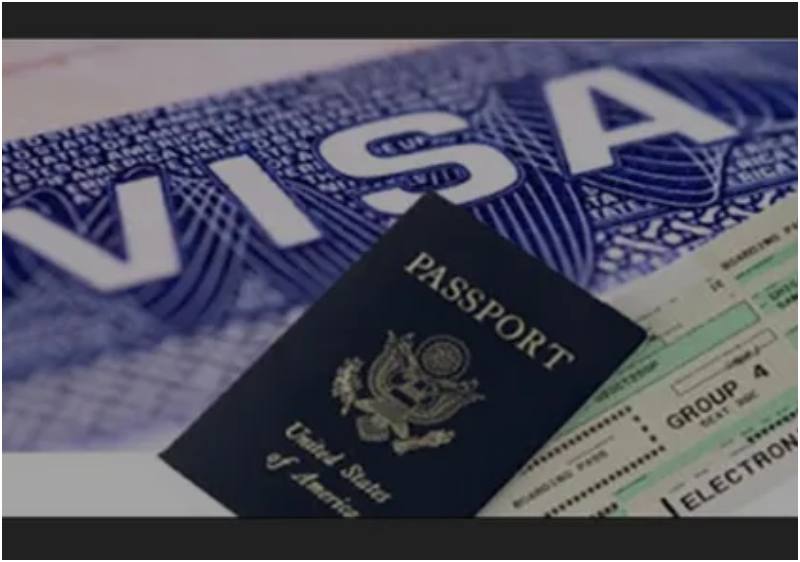A new U.S. immigration policy is drawing sharp criticism from legal experts and advocacy groups after the introduction of a $250 “Visa Integrity Fee”—a non-waivable surcharge that disproportionately affects applicants from African nations.
The fee was quietly inserted into the One Big Beautiful Bill Act, a sweeping legislative package signed into law by U.S. lawmakers on July 4, 2025, and is slated to take effect later this year.
According to immigration law firm Envoy Global, the new charge will apply to all nonimmigrant visa applicants, including those seeking student (F-1, F-2), exchange visitor (J-1, J-2), and temporary work visas (H-1B, H-4)—with a particular impact on applicants from African countries, many of whom already face long wait times and high visa denial rates.
Financial and Symbolic Burden
Immigration attorneys warn that the Visa Integrity Fee, which comes in addition to existing costs like the Machine Readable Visa (MRV) fee, reciprocity fees, and anti-fraud surcharges, could push total application costs to $500 or more for citizens of nations like Nigeria, Ghana, and Kenya—excluding travel, documentation, and legal expenses.
“It’s not just a financial barrier—it’s a symbolic deterrent,” said one immigration lawyer familiar with African student and business visa applications. “It signals who the U.S. is willing to welcome and who it is effectively pricing out.”
By contrast, citizens from 42 countries, mainly in Europe, North America, and select Asian and Gulf nations, remain exempt from this fee due to their participation in the U.S. Visa Waiver Program (VWP), which allows visa-free entry for visits under 90 days.
No African country is part of the Visa Waiver Program.
Legal Concerns Over Discriminatory Impact
Legal experts have raised concerns about whether the fee structure violates the spirit, if not the letter, of equal protection principles under U.S. immigration law.
“There’s a growing case for disparate impact litigation, especially if this fee results in statistically significant harm to applicants from majority-Black nations,” said an immigration law professor based in Washington, D.C.
Critics argue that the exclusion of African nations from the waiver program, coupled with this new financial burden, creates a two-tiered global mobility system that privileges wealthy, predominantly white countries over developing ones.
Potential Economic and Diplomatic Fallout
The timing of the new fee has also raised eyebrows, particularly as the U.S. prepares to host the 2026 FIFA World Cup and the 2028 Summer Olympics in Los Angeles.
“This policy could discourage international tourism and participation from Africa, Asia, and Latin America,” said a spokesperson from an international sports federation. “It sends the wrong message about American hospitality on the global stage.”
The new visa structure could also affect enrollment at U.S. universities, where students from African countries contribute millions of dollars annually in tuition and living expenses.
Educational institutions, already facing declining international enrollment, may feel the ripple effects of reduced African student participation.

